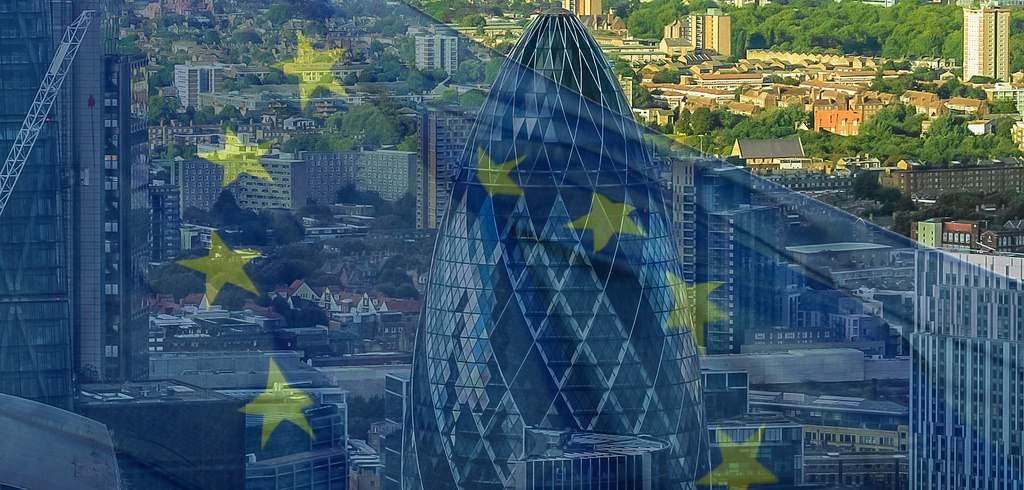
Following Brexit, the government will need to look long and hard at its immigration policy in order to balance public sentiment with business concerns, says Steve Girdler
The UK’s planned exit from the European Union has been nothing if not tumultuous. There has been a real mixture of both negative and positive economic results since the referendum. Even within the last couple of weeks, news of record high employment figures has led to renewed optimism that post-Brexit Britain will not be significantly worse off.
However, the uncertainty around what the future will look like isn’t just a waiting game which will culminate in either better or worse news. Uncertainty itself is a problem, because businesses can’t simply stand still until they know all the facts. They must keep operating, growing and hiring, whether they can say for sure that their strategy is right or not.
Because of this uncertainty, there are two slow-burning human resource issues that, if handled badly, have the potential to hinder the future of British companies.
Issue 1: Best person vs. visa safe person
Many British companies thrive on the strength of the talent they attract. Across the UK business spectrum, innovation, engineering, technical expertise and creativity are the qualities that spearhead the economy. All of these require a thriving brain pool, but the unquestionable reality is that not all of our best and brightest were born in the UK.
The lingering uncertainty over exactly what a post-EU UK will look like means that in the search for new hires, companies must make some decisions without knowing the full picture.
How many industries will decide that the risk is too great and will take the safer option of hiring workers that they know won’t be affected by any of the longer-term outcomes of Brexit, but in doing so, not employ the best person for the job?
Alternatively, who will continue to tap into the global talent pool to find the best candidates the market has to offer, not knowing whether that investment will be long-term and profitable if it transpires that under Brexit the individuals they hire lose the right to work?
What’s so significant about this problem is that it’s not hypothetical. Based on what could happen after Article 50 has been enacted, it’s a reality that stems from the fact that clarity is still a long way off. For businesses, it is time to work out how to become more comfortable with uncertainty and the need for potential risk-taking that engenders.
Issue 2: An immigration minefield
Can the UK, as the 22nd most populous country in the world, hope to maintain its status as a key global business player without undisrupted access to the global workforce? It’s a question that is attracting a lot of attention in Westminster, but not one that can be effectively answered while so many questions remain around Brexit.
The question of high level workers, for example, is already something that chancellor Philip Hammond has hinted at, saying that he ‘cannot conceive’ a situation where his government will restrict the movement of ‘highly qualified, highly skilled’ individuals. But until this is enshrined in law, and the exact definition of highly skilled workers in this context is made clear, the problem will not go away.
Even if the government is able to reassure the country of the fate of skilled workers, what about other important groups like university graduates? As entry level workers, they are easy to overlook as largely unskilled, but they represent the next generation of scientific and technological expertise. Will they choose to study in Berlin or Amsterdam instead of the UK knowing that, here, like non-EU workers, they may need a company to sponsor them to get a job after studying? If so then we may be filtering out some of Europe’s shining lights before they’ve had the chance to set foot in the UK.
One thing that is clear is that immigration policy post-Brexit will need to be nuanced to satisfy both the sentiment that gave us Brexit, and the needs of the business community which is so reliant on the skills of its diverse workforce. That could mean an unprecedented era of open-door policies as successive governments try to make amends for the potential talent shortfall. It could simply mean a continuation of the free movement of people, but whatever the outcome, balancing the impact of pre-Brexit uncertainty with post-Brexit economics will be one of the government’s greatest challenges.
Steve Girdler is managing director EMEA, at HireRight, a candidate due diligence company.






